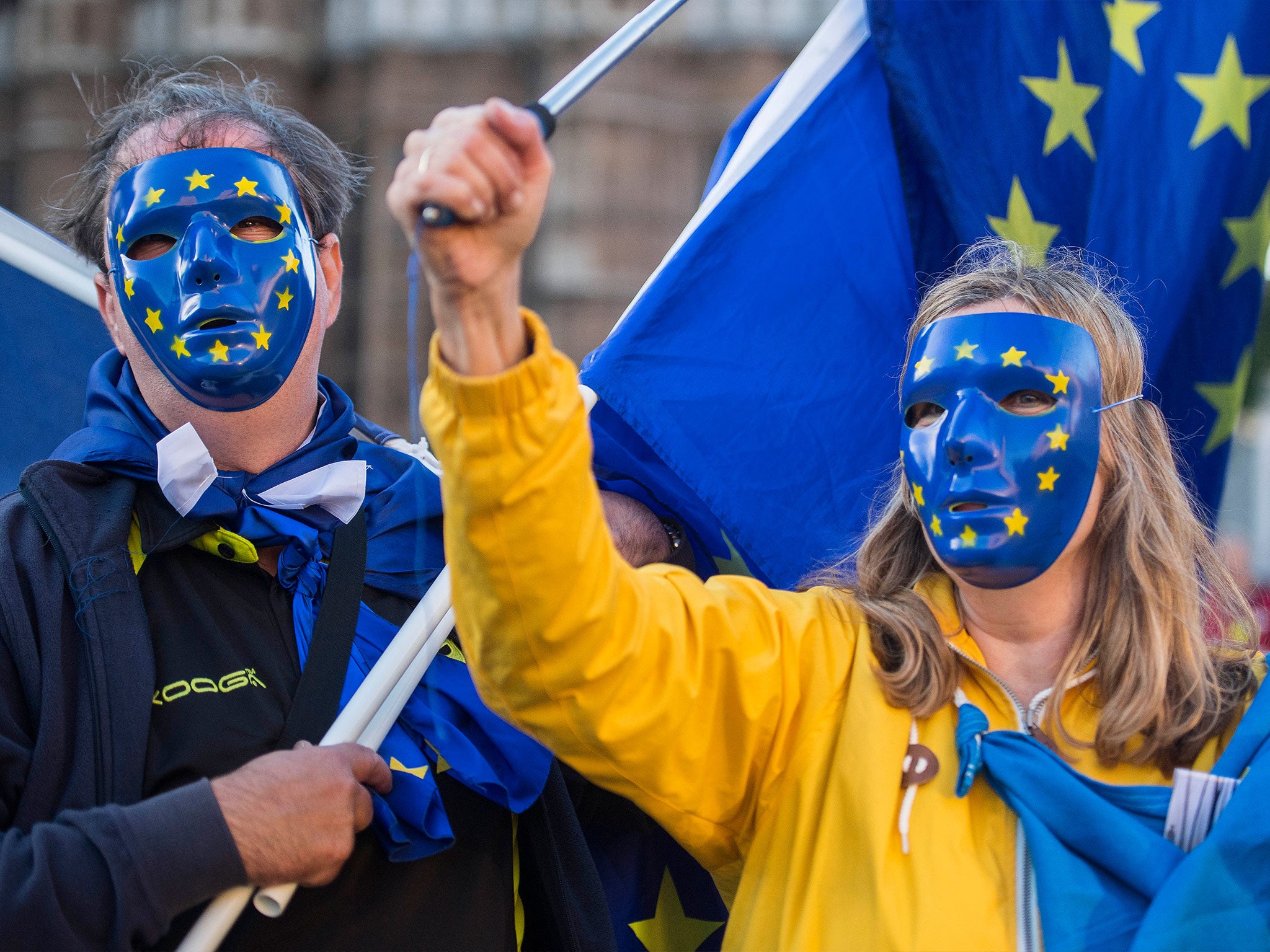UK economy will expand by 1.9% in 2018 and 2019 if soft Brexit is secured, according to latest Niesr forecast
The think tank said the relatively benign projections were based on the assumption that the UK retains 'full access' to the EU market in 2019

The UK economy will expand by 1.9 per cent both this year and next, according to the latest forecast from the National Institute of Economic and Social Research (Niesr), but only if ministers secure a soft Brexit.
The think tank said that the relatively benign projections were based on the assumption that the UK retains “full access” to the EU market in 2019 in return for continued payments into the EU budget and unchanged levels of net migration from the Continent.
Niesr also said that the relative strength of the GDP projections for the UK are mainly due to a stronger global economy, rather than progress in the Brexit talks, although the latter has helped improve the outlook for business investment.
It sees support to UK growth over the next two years coming from net trade, helping the economy to rebalance.
“Our growth last year and this would… seem likely to be higher directly as a result of higher growth overseas,” said Jagjit Chadha, the director of Niesr.
The Niesr GDP projection is well ahead of other forecasters. Last November, the Organisation for Economic Cooperation projected UK growth of just 1.1 per cent in 2019, while the International Monetary Fund’s most recent report pencilled in 1.5 per cent.
Niesr also outlined modelling projections showing how if the UK crashed out of the EU into basic World Trade Organisation rules – something certain prominent Brexiteers advocate – the UK would likely slump into recession and the level of GDP would be around 6 per cent lower by 2030 due to weaker exports and worse productivity growth.
The Government’s official policy is to secure a roughly two-year Brexit transition period to kick in after March 2019, in which the country will effectively remain in the single market and customs union.
Beyond that, Theresa May has said she wants to negotiate a comprehensive free trade agreement with the EU, although some ministers are reportedly pushing for the UK to establish a new long-term customs union with the rest of the bloc.
Join our commenting forum
Join thought-provoking conversations, follow other Independent readers and see their replies
Comments